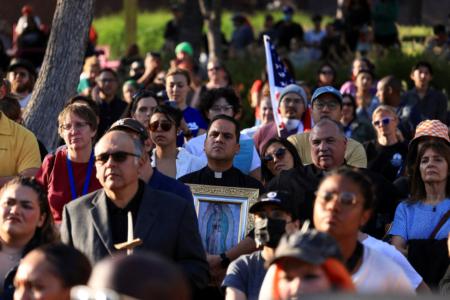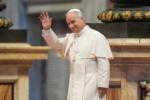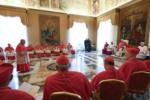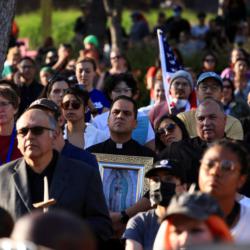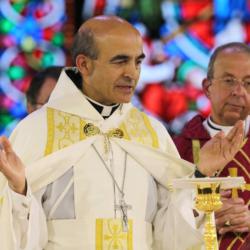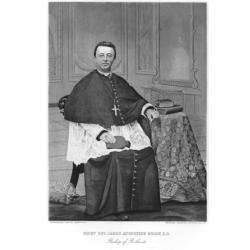Are Jewish marriages valid to the Catholic Church?
Q: In a recent article, you quoted the Code of Canon Law for what constitutes a valid non sacramental marriage. I'm not sure if you know this, but the Jewish marriage document -- the ketubah -- is essentially a prenuptial agreement that outlines the protections the spouses are to receive should either one initiate divorce proceedings. This means there is nothing essentially lifelong about the agreement that two Jews enter into when they get married. Does that mean that Jews are not validly married in the church's eyes? I'm not trying to pick on anyone here, I'm just trying to understand the church's teaching on valid non-sacramental marriages better, and the Jewish case is the one I'm most familiar with.
A: I am familiar with the concept of the "ketubah" or Jewish marriage contract. But the short answer is that, for many reasons, the existence of this custom does not mean that Jewish marriages are invalid in the eyes of the Catholic Church. From our Catholic perspective, a Jewish marriage -- like other natural marriages among the unbaptized -- would be considered valid until proven otherwise.
For context, it is important to note that Judaism encompasses a wide range of beliefs and practices -- similar to how "Christianity" is a big category that includes Protestants, Catholics, Eastern Orthodox, Evangelicals and even more unique groups like the Amish.
Speaking in very generalized terms, Orthodox Jews strive to follow the biblical laws set out in the Old Testament (such as kosher laws) more or less literally as they are written, whereas Reform Jews seek to adapt the spirit of the law to modern life. But there are many groups and sub-categories within these categories, so there could be some differences in their respective theologies of marriage among different Jewish communities.
However, in general Judaism as a religion is very pro-marriage and pro-family. The fact that divorce is a theoretical possibility for observant Jews does not change the fact that the vast majority of Jewish brides and grooms -- like most brides and grooms of any and every religion (or even lack thereof!) -- do, at the time of their wedding, intend their own union specifically to be a binding and permanent one.
In our Catholic framework, there are a few ways in which accepting the possibility of divorce might make a marriage invalid. One could be in error about the essential nature of marriage (Canon 1099), but even in our highly secularized society it's only in rare situations that someone would hold the sincere misunderstanding that marriage was somehow meant to be a fundamentally dissolvable or merely temporary union.
Another reason is technically called "partial simulation against the good of permanence," where a person consciously reserves to themselves the right to leave the union (See Canon 1101, 2). Or in other words, the person enters into the union with the direct and explicit intention that they in particular are free to leave their specific marriage whenever they want. But once again, this is a relatively rare scenario.
Most couples, even if they acknowledge divorce as a possibility in the abstract, enter their own marriage with the intention or at least the hope that their own marriage will last. This seems especially true if they are devoutly practicing their faith as Christians or Jews.
Regarding the nature of the ketubah as a contract, we as Catholics would not have a problem with this in principle. Although we might tend to use different vocabulary in pastoral contexts, as Catholics we believe that marriage is at its core an exchange of consent, which is indeed a "contract" in the broad sense of the term.
Traditionally, a ketubah would outline a groom's obligations to his bride, spelling out the ways that he would care for her within what is envisioned and intended as a lifelong marital union. So, it would not be parallel to the popular conception of a "prenup." I.e., it's not a document that sets the groundwork for a foreseen future divorce.
Jenna Marie Cooper, who holds a licentiate in canon law, is a consecrated virgin and a canonist whose column appears weekly at OSV News. Send your questions to CatholicQA@osv.com.
- Canonist Jenna Marie Cooper is a consecrated virgin, a practicing canon lawyer, and columnist for OSV News.
